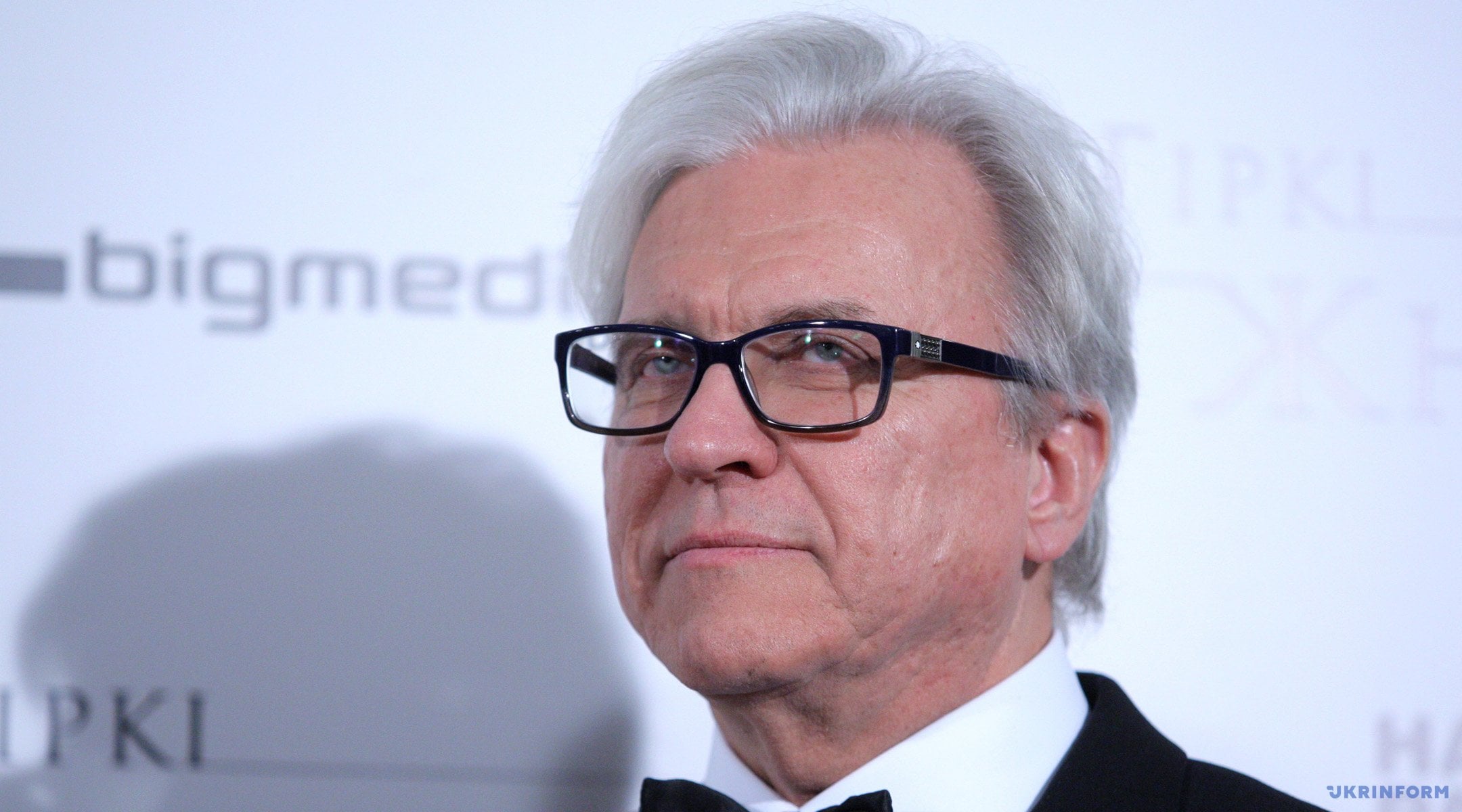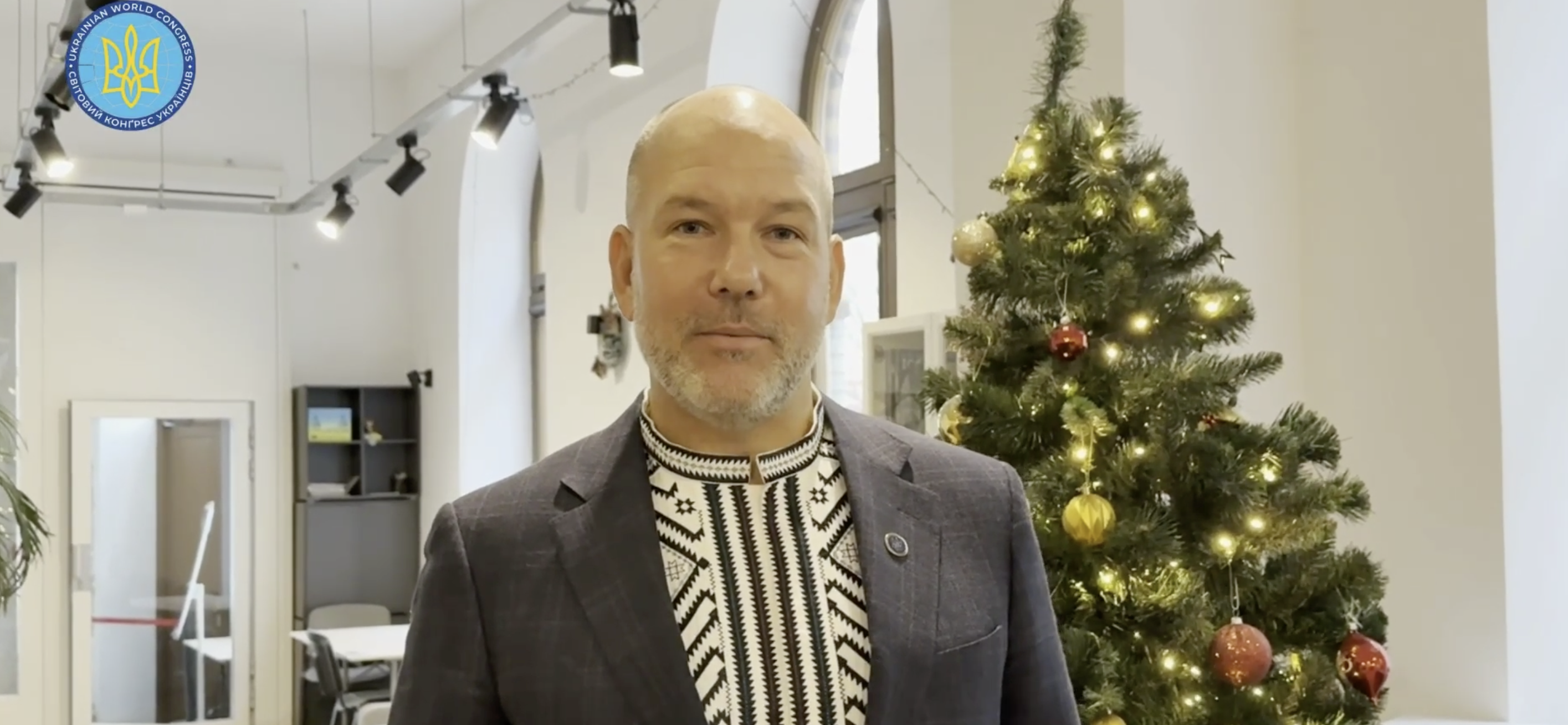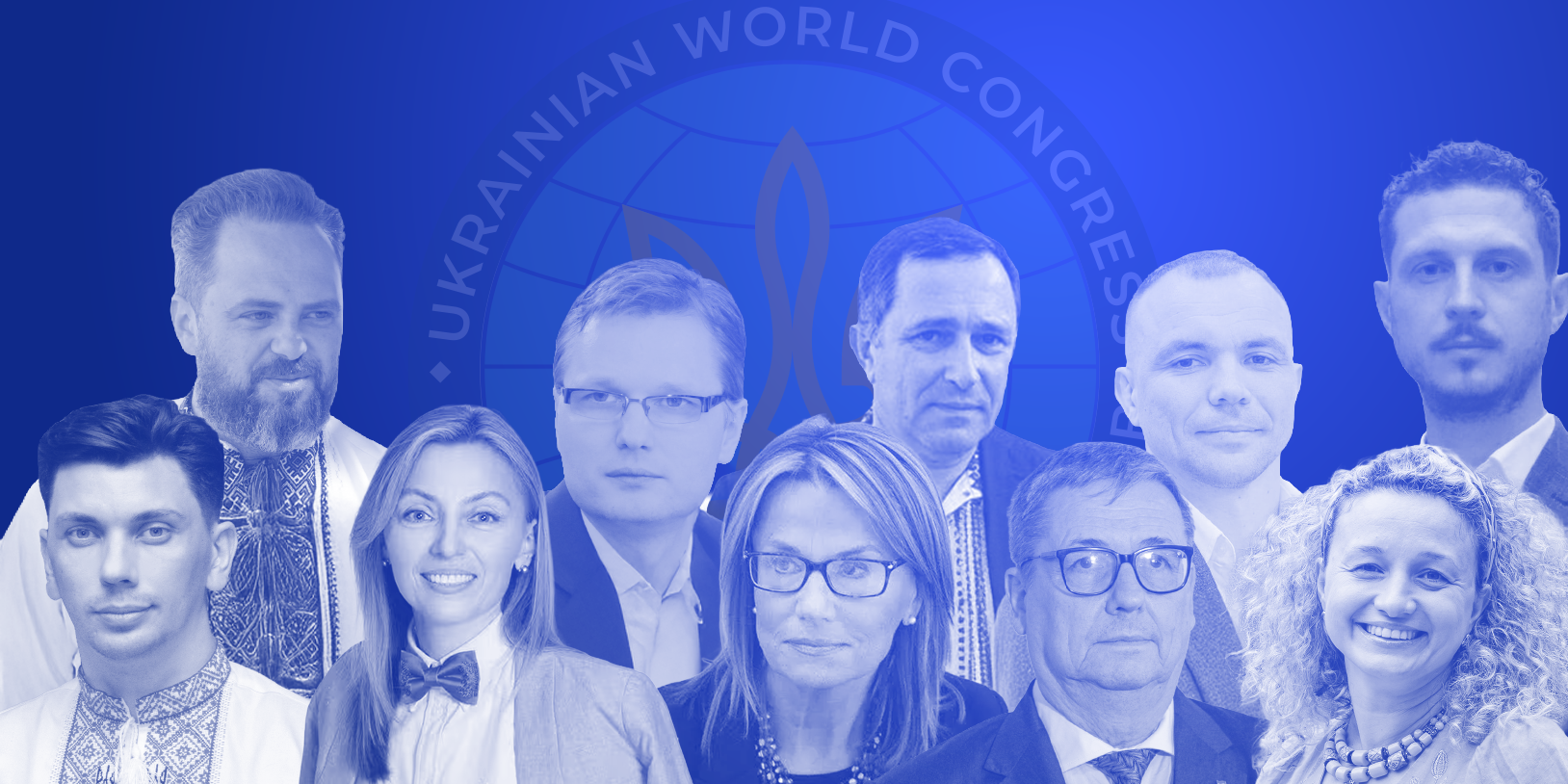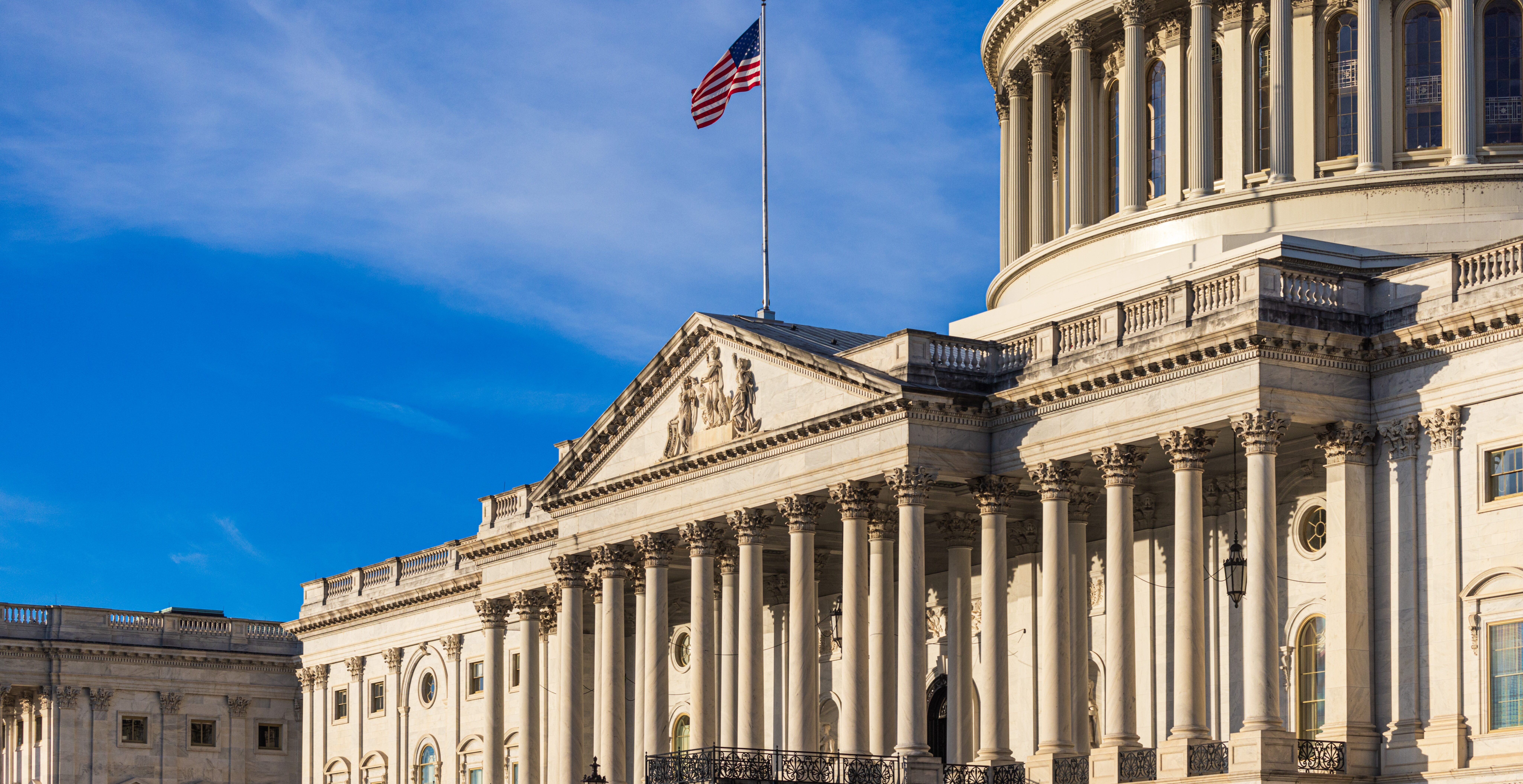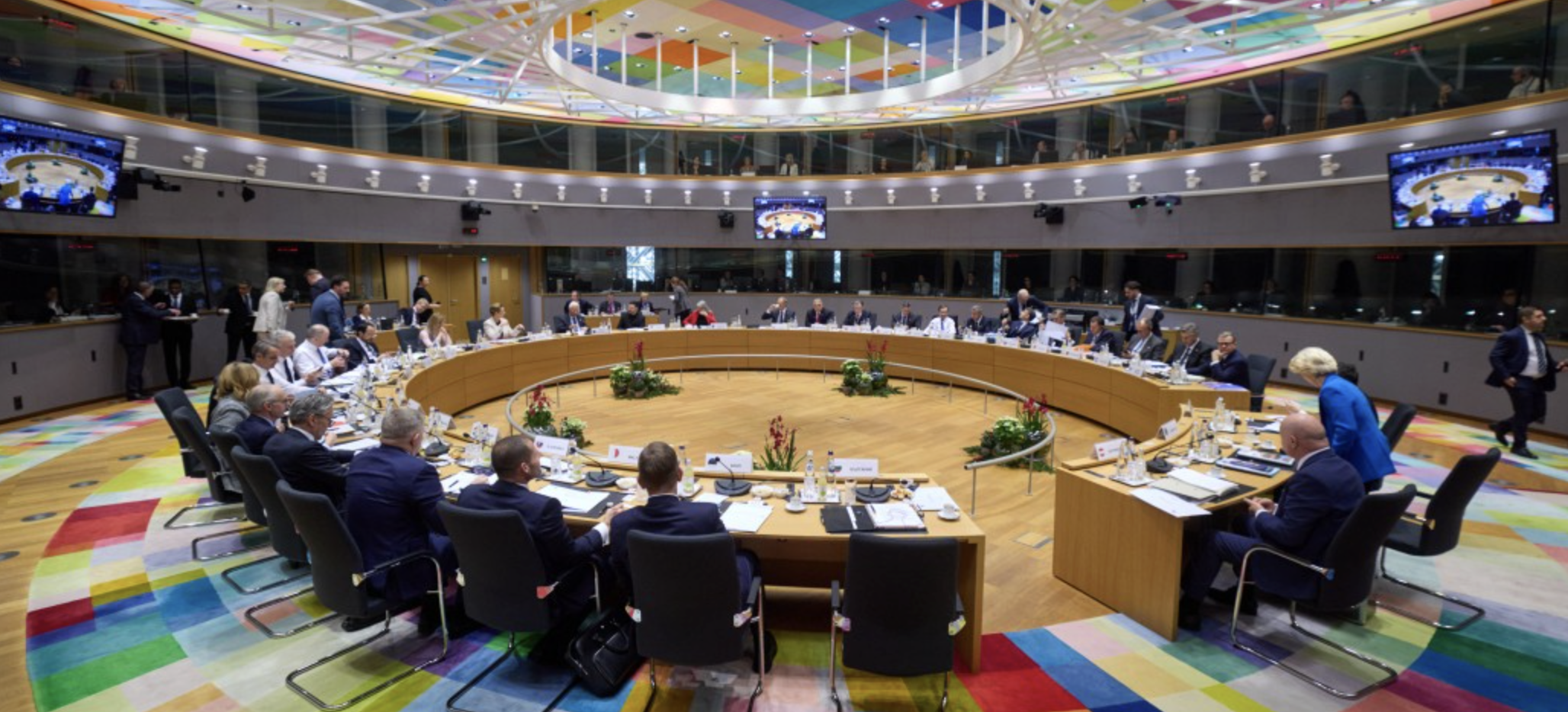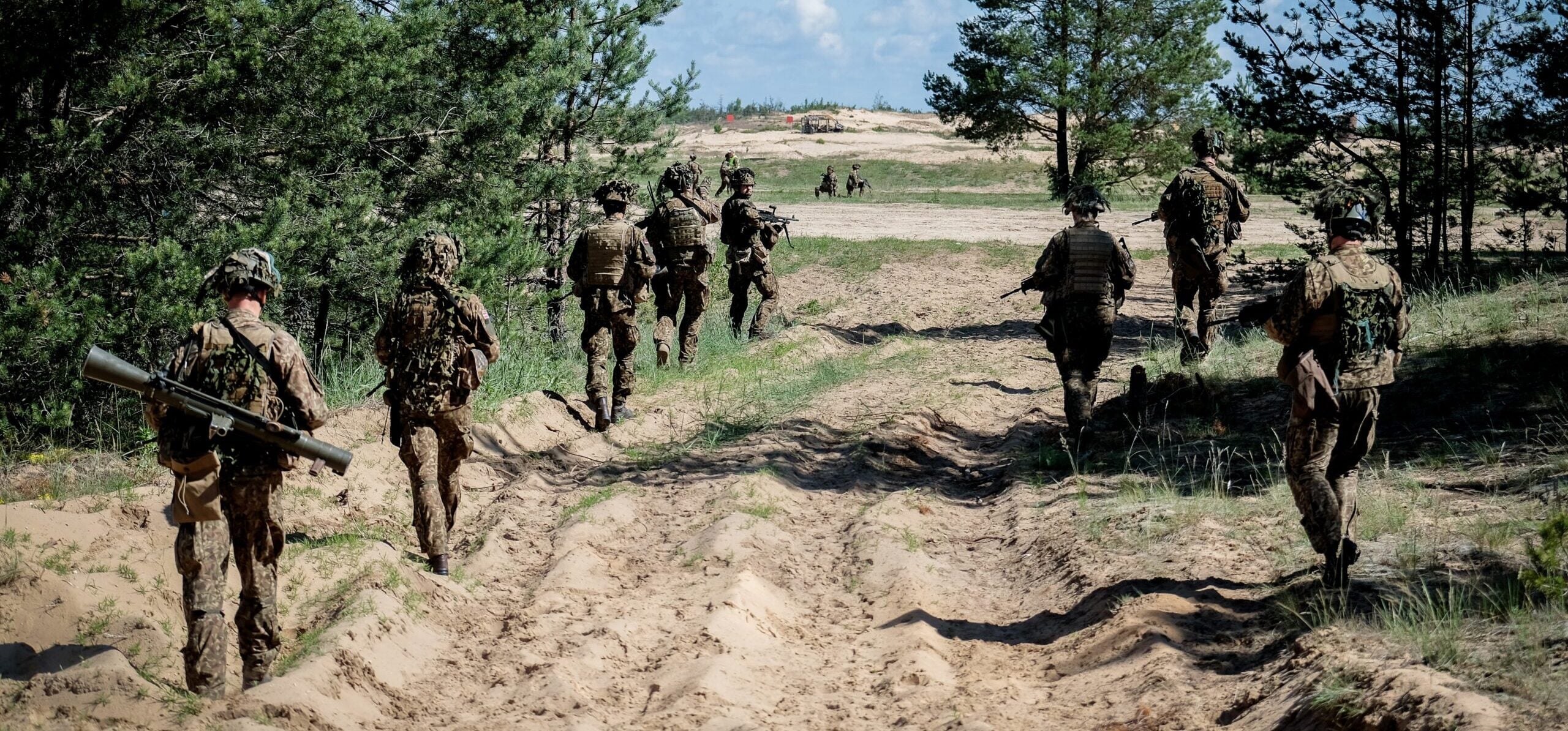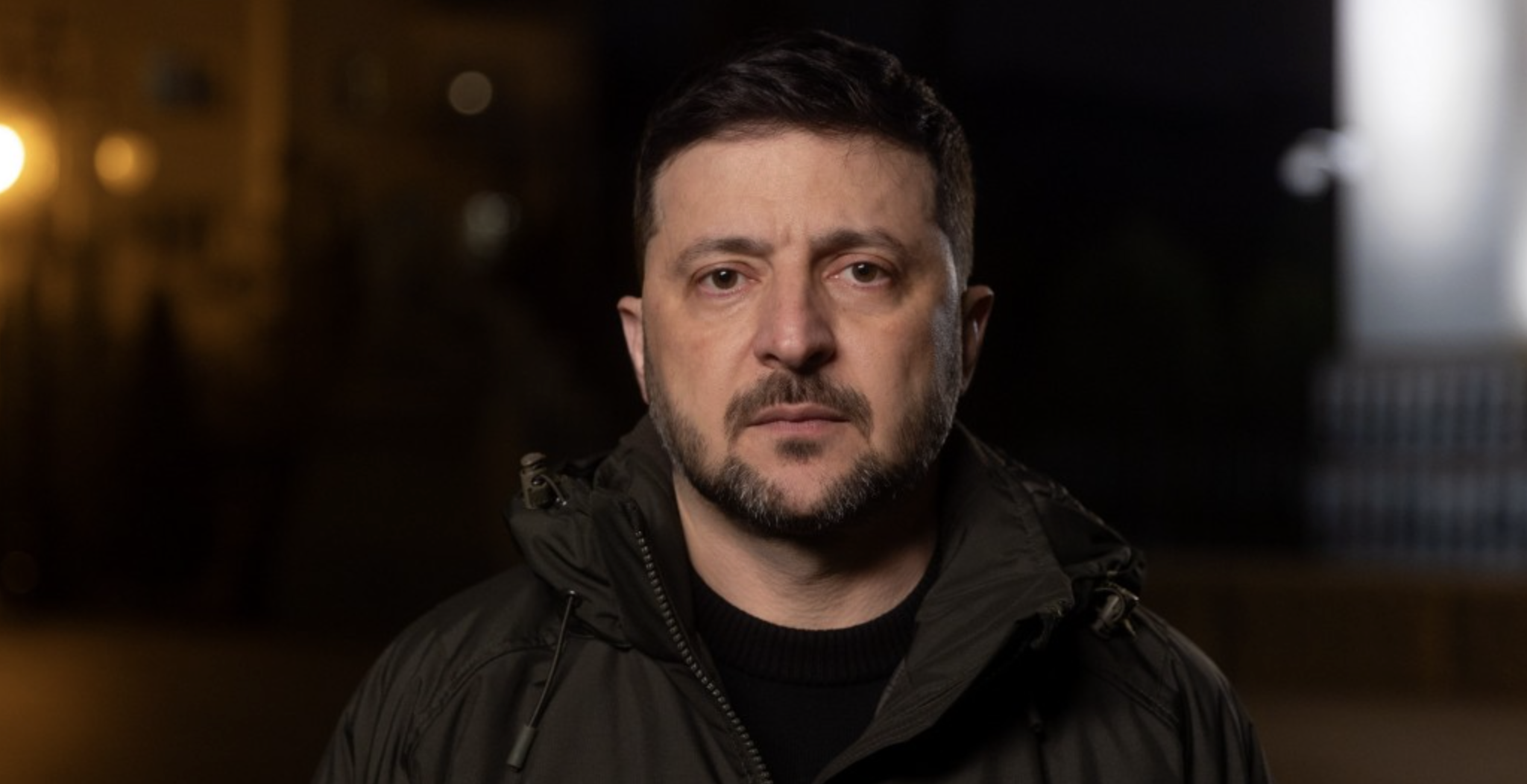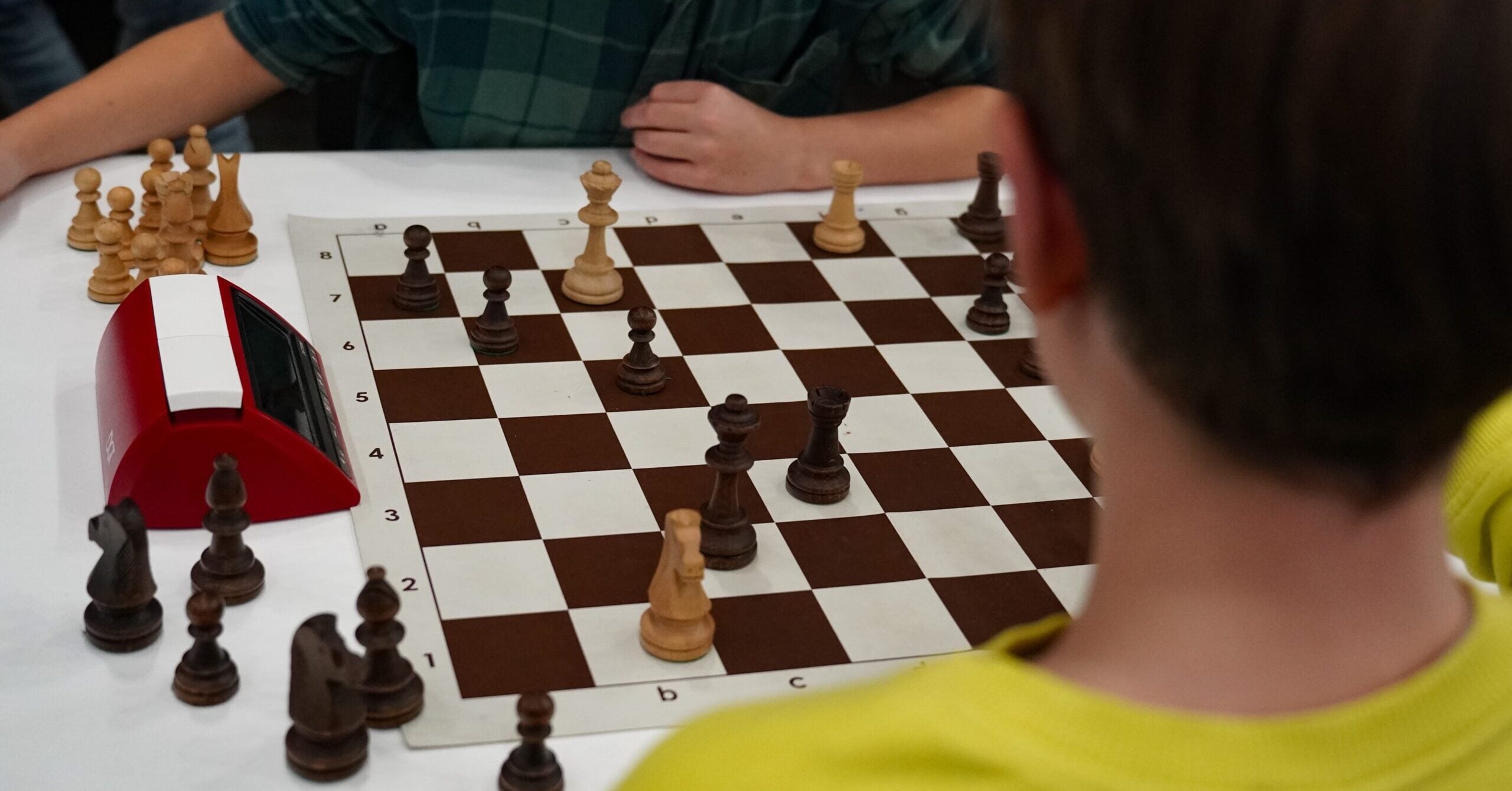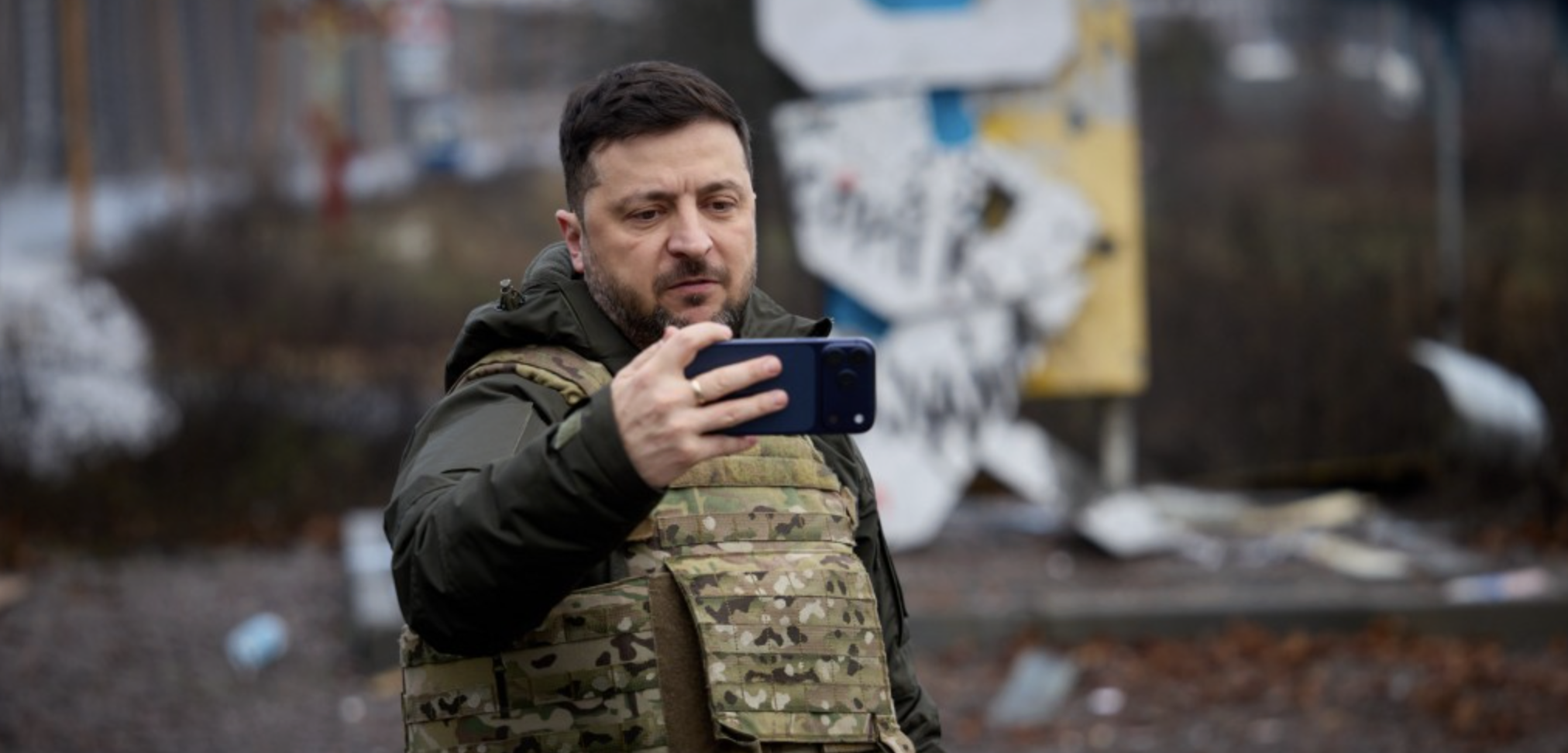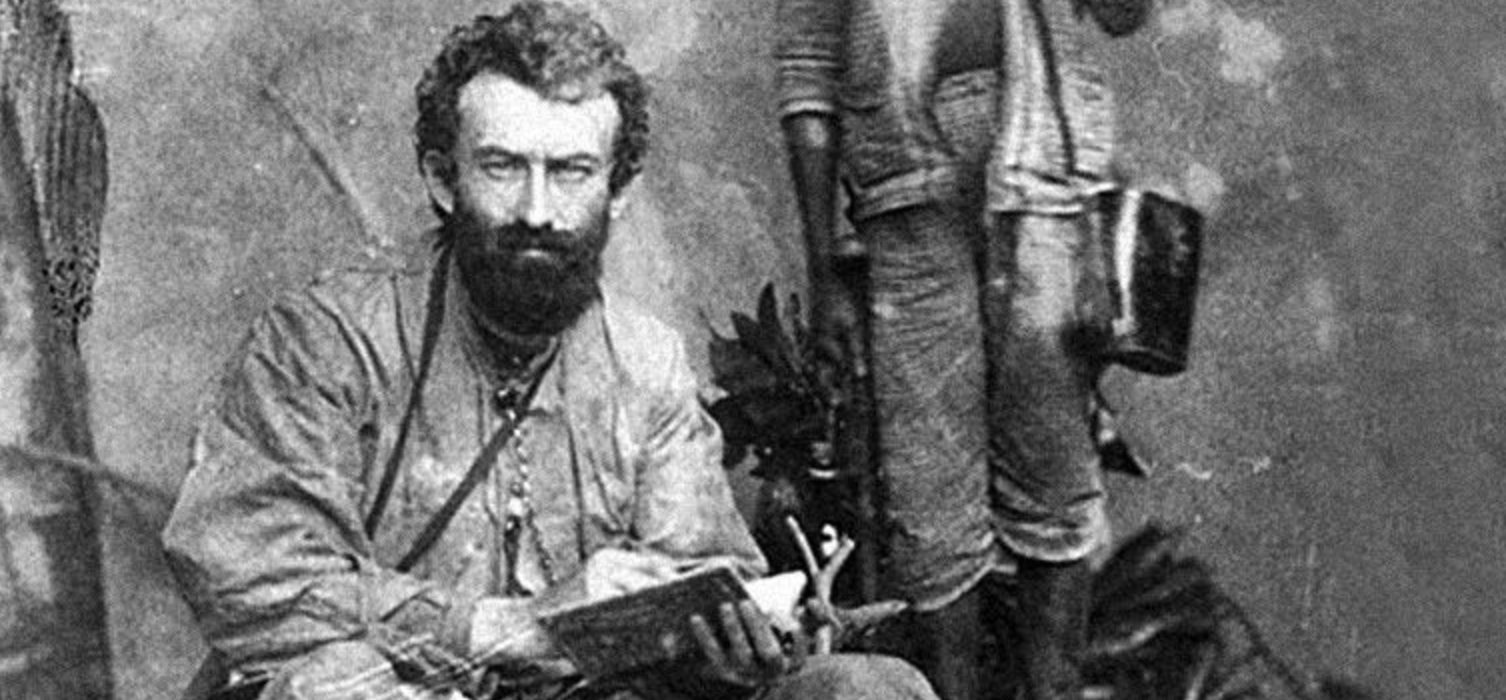
Russia is trying to claim the legacy of notable Ukrainians as its own, including the ethnographer, anthropologist, and Oceania researcher Mykola Myklukha-Maklai.
This was revealed by Nataliya Poshyvaylo-Towler, UWC Vice President for Southern and Southeast Asia, Australia, New Zealand, Türkiye, and Lebanon, ahead of Australia Day, which is celebrated on Jan. 26.
The Kremlin has been pursuing a consistent policy of misappropriation aimed at reinstating Russian names and influence in various regions of the world, particularly in the southern Pacific islands.
“There is a map that marks islands and archipelagos which were given Russian names during the time of the Russian Empire. The Russian Geographical Society, led by Sergey Shoigu, is actively working to spread Russian influence by exploring these areas and establishing new connections,” Poshyvaylo-Towler explained in an interview with Ukrainske Radio.
Among Russia’s efforts is the ongoing attempt to claim Mykola Myklukha-Maklai’s legacy, with significant state resources being allocated to this endeavor. The researcher’s alleged descendants living in Russia have also been included in this policy.
“It is vital for Ukrainians to understand the importance of geography, names, and historical accuracy. These factors are crucial in preserving our national identity,” the UWC Vice President said.
Additionally, Russia’s strategy includes forging closer ties with China in resource-rich regions, particularly in Papua New Guinea.
In 2026, we will mark the 180th anniversary of Mykola Myklukha-Maklai’s birth. He was a pioneering ethnographer, anthropologist, philosopher, biologist, and traveler of Ukrainian Cossack descent.
Myklukha-Maklai dedicated much of his life to defending the rights of colonial peoples in Oceania and fought against racism and colonialism.
In 1996, UNESCO recognized him as a “Citizen of the World” for his invaluable contributions to the study of indigenous populations across Southeast Asia, Australia, and Oceania.
Listen to the full interview.
Cover: open sources
